SUMMARY
This is AI generated summarization, which may have errors. For context, always refer to the full article.
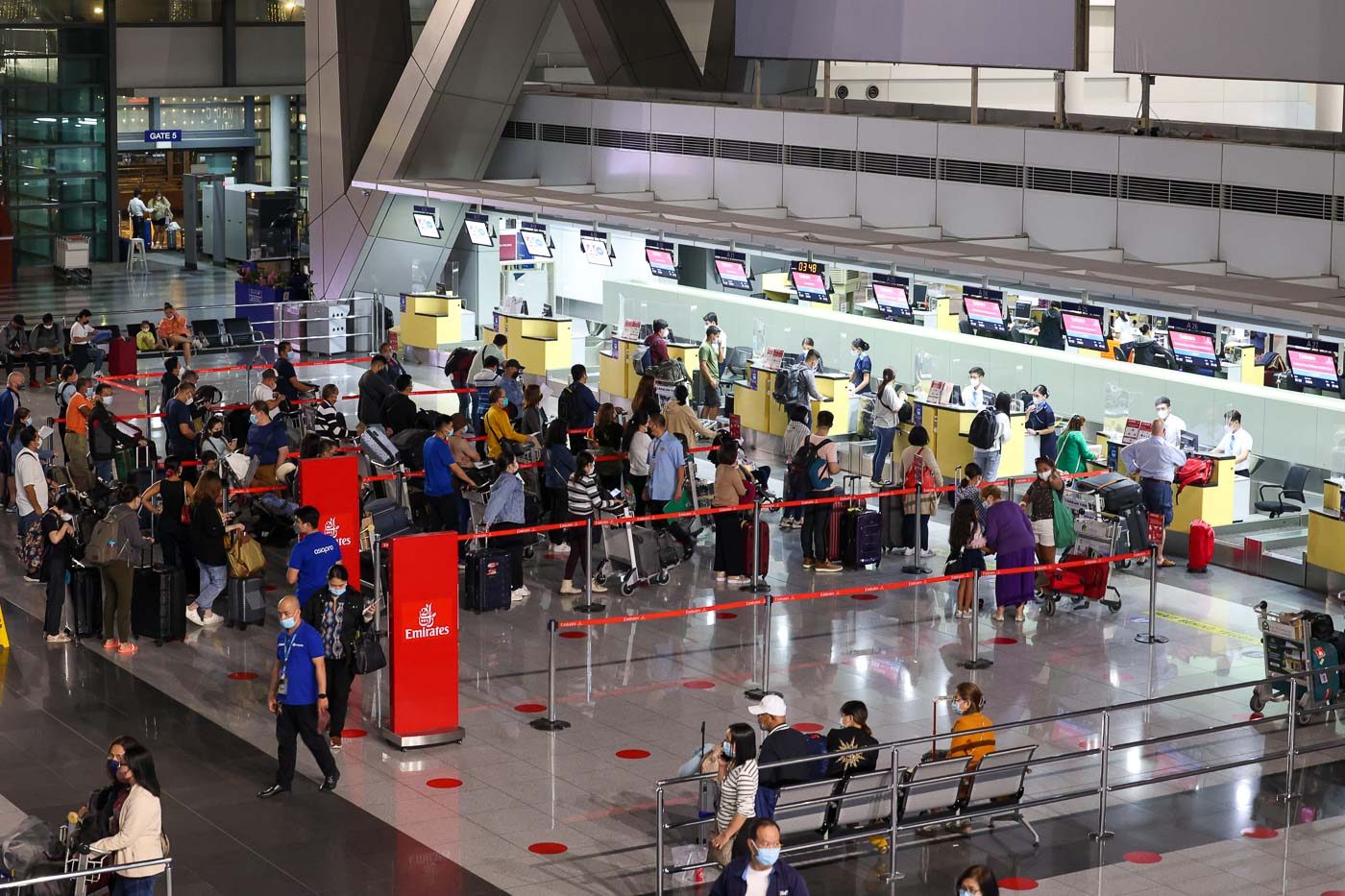
MANILA, Philippines – The Supreme Court has ruled that overtime work rendered by airport personnel should be charged against the national government, not private airlines or entities.
In a ruling published on its website on Saturday, November 26, magistrates said their decision was in accordance with a 2016 law which repealed portions of the Tariff and Customs Code of the Philippines (TCCP), and effectively legalized such practice.
But prior to the passage of that measure in 2016, the High Court said the government was in the wrong for stopping airport staff from being paid by airline firms for overtime work.
Background of the case
In 2013, the Bureau of Customs Employees Association (BOCEA) sued the government before the Supreme Court in connection with orders and memoranda which put an end to the years-long practice of private airlines and other entities paying for the overtime pay of BOC employees.
The Court sided with the petitioners, saying that the concerned administrative issuances of the BOC and the Department of Finance (DOF) violated Section 3506 of the TCCP, and went against established jurisprudence.
“Respondents committed grave abuse of discretion correctible by certiorari when they prohibited Customs employees from collecting overtime pay from airline companies and other private entities prior to the effectivity of RA 10863 on June 16, 2016,” the ruling dated July 12, 2022 read.
The Supreme Court, however, said that Customs employees were only prejudiced to the extent of the difference between the overtime rates of private firms and overtime rates paid to them by the BOC before 2016.
It added that “any resulting monetary prejudice to the government or to petitioners is essentially evidentiary in nature and must be raised in the proper administrative and/or judicial proceeding.”
“In any event, these matters are best addressed to the trial courts because they entail the submission of evidence and the Supreme Court is not a trier of facts,” the High Court said.
The orders deemed invalid by the High Court are:
- August 3, 2012 memorandum issued by then-finance secretary Cesar Purisima
- August 10, 2012 memorandum issued by then-Customs commissioner Ruffy Biazon
- August 28, 2012 memorandum (CMC No. 195-2012) also issued by Biazon
Shifting schedule policy valid
The Supreme Court only partially granted the BOC employees’ petition, as magistrates affirmed an administrative issuance (Customs Administrative Order No. 7-2011) that provided a shifting schedule in the Ninoy Aquino International Airport (NAIA) and other gateways.
Petitioners had argued that the orders were unconstitutional, and only worsened the economic situation of Customs personnel.
“We hold that the first part of respondents’ solution requiring Customs employees to render three eight-hour shifts for a continuous 24-hour service, and to limit the hours of overtime rendered to weekends and holidays, was a valid and reasonable exercise of the ordinance-making power of the Executive,” the Supreme Court said. – Rappler.com
Add a comment
How does this make you feel?
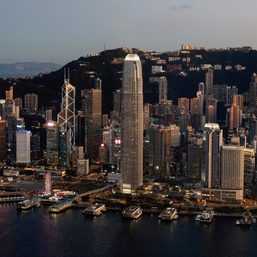
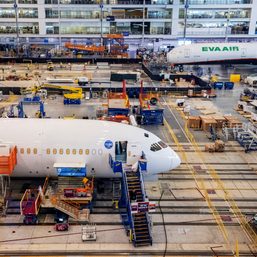
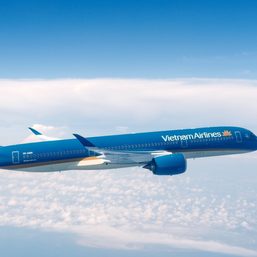






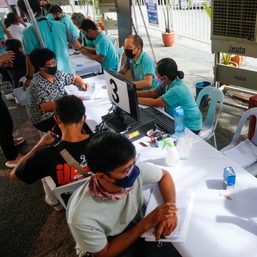
There are no comments yet. Add your comment to start the conversation.